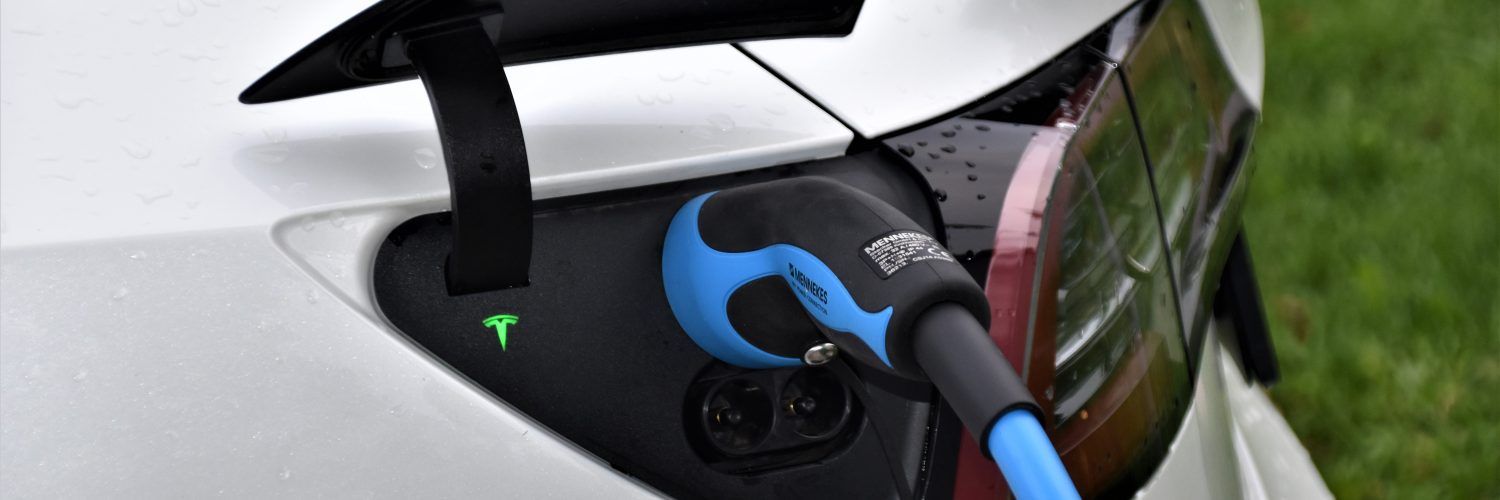The Directorate of Taxes came to the conclusion that the sale of vehicles that are exclusively driven by fuel cells and electric buses and electric trucks is covered by the exemption for calculation of value added tax according to the Value Added Tax Act § 6-6. The same applies to leasing of used electric cars. Sales of services relating to the brokerage of leasing contracts for electric cars are, however, not covered by the exemption.
In inquiries of 14 August 2015, clarification was requested on several matters related to the exemption from VAT when leasing electric cars, cf. section 6-6 of Mval.
Vehicles powered by fuel cell
The inquiry has raised the question of whether vehicles powered exclusively by fuel cell are covered by the exemption.
As stated in section 6-6 of the election, the exemption only applies to vehicles that are covered by the Storting’s decision on a one-off fee § 5 first paragraph, letter i). The Storting’s decision on special fees to the Treasury for the budget year 2016 states in § 5 letter i):
“Motor vehicles which use only electricity for propulsion, including motor vehicles where the electricity is produced in fuel cells. The exemption does not apply to motor vehicles where the battery can be supplied with power while driving using an external internal combustion engine,”
Vehicles powered exclusively by fuel cells are thus covered by the VAT exemption.
Motor vehicles exempt from one-off tax on other grounds than mentioned in the Storting’s decision on one-off tax § 5 first paragraph i)
Furthermore, it is pointed out that heavier commercial vehicles, such as lorries and buses, may be exempt from one-off tax on a general basis. that the vehicle is not covered by the definition mval § 6-6, as the exemption refers to the Storting’s decision on one-off tax § 5 first paragraph letter i).
Exemption pursuant to section 6-6, first paragraph, presupposes that the vehicle is covered by the one-off tax decision § 5, first paragraph, letter i. The exemption in letter i covers all electric vehicles covered by the one-off tax, including vans, light trucks and buses with up to 17 seats. Heavy trucks and large buses, on the other hand, are not covered by the one-off tax, and such vehicles will therefore in principle not be covered by the exemption in letter i either. not covered by the exemption.
However, we assume that an expanded interpretation must be made here, which is also assumed to be in line with the legislator’s intention. Electric buses and electric trucks are therefore assumed to be covered by the exemption.
Identification
marks EL and HY Questions have been raised as to whether all vehicles with the identification marks EL and HY are covered by the exemption in section 6-6 of the Mval. This question must be addressed to the Norwegian Public Roads Administration as the right person.
Leasing of used electric cars
In the Directorate of Taxes’ opinion, the exemption for leasing includes both new and used vehicles, cf. section 6-6, first paragraph, of the Act. It is neither in the wording of the law nor in the preparatory work that this indicates that leasing of used vehicles should not be covered by the exemption.
Brokerage commissions
The question has been raised as to whether a car dealer should calculate VAT when brokering leasing contracts for electric cars. The starting point is that sales of goods and services are generally taxable according to section 3-1 of the election. The exemption for rental thus does not in principle include other services. Costs that are usually paid as part of the rental of vehicles must, however, be treated in the same way for tax purposes as the rental.
Mediation of leasing contracts is thus not assumed to be covered by the exemption.
Transitional
rules As appears from the inquiry of 14 August 2015, section 22-1 of the Mval is considered to cover both advance and arrears-invoiced services, and that the starting rent is considered to have been earned by handing over the car to the customer. A confirmation was requested that the understanding of the accrual rules is correct. As the Directorate of Taxes sees it, the understanding seems to be in accordance with section 22-1 of the Mval.
Source: skatteetaten.no















